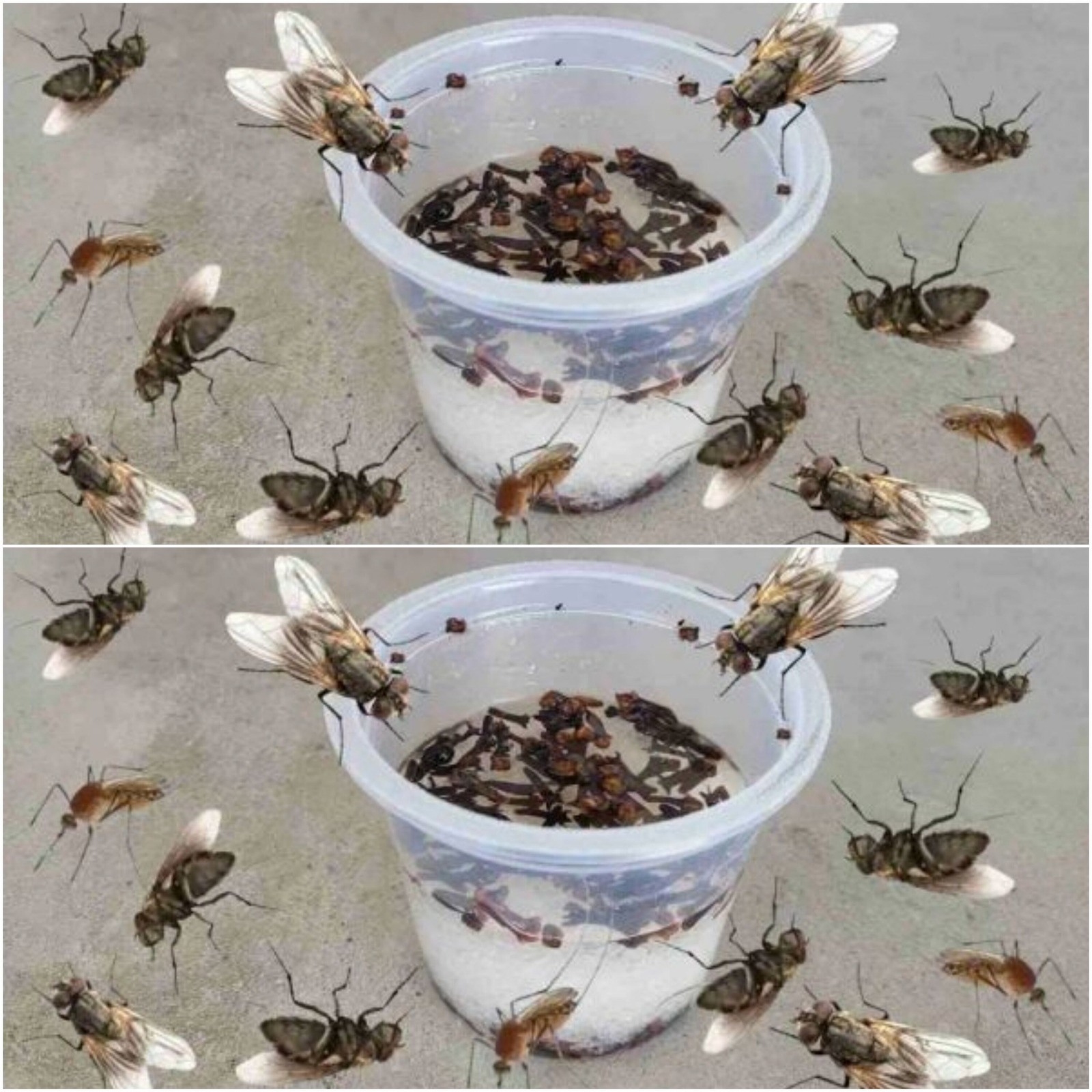As well as lemon, cloves
Take a lemon and cut it in half. Then, place five to ten cloves into each half, making sure that the pointy end is pointed out.
Place the lemon halves in various locations around your house, paying special attention to regions that are prone to the presence of insects, such as entrances, windows, and other entryways.
Orange and cloves include:
Oranges may be used in a manner that is analogous to the lemon approach. Cloves should be inserted into an orange, and then the orange should be placed in regions where you wish to deter insects.
Soaps made of cloth:
Whole cloves should be placed inside of little cotton sachets, which should then be hung in strategic locations. These are particularly helpful in the kitchen, in the vicinity of the doorway, and in the closets.
3. Cloves provide other advantages, including the following:
Cloves and citrus fruits not only serve as a natural and attractive method to freshen up your house, but they also serve the purpose of warding off and preventing insects from entering your home.
Cloves have a repellant effect that may persist for weeks as a result of their long-lasting nature, which makes them an economical choice for controlling insects.
4. Useful Hints for Effectiveness:
If you want to keep the repellent’s effectiveness, you should replace the citrus fruits as they dry up.
There is the possibility of applying a little amount of clove oil to the citrus fruit or straight onto the sachets in order to provide a more potent aroma and increased repellent effects.
Be sure that the cloves have not been ground, since the perfume of whole cloves is released more gradually and remains for a longer period of time.
5. Why Should You Not Use Chemical Repellents Instead of Cloves?
Continue Reading in next page

